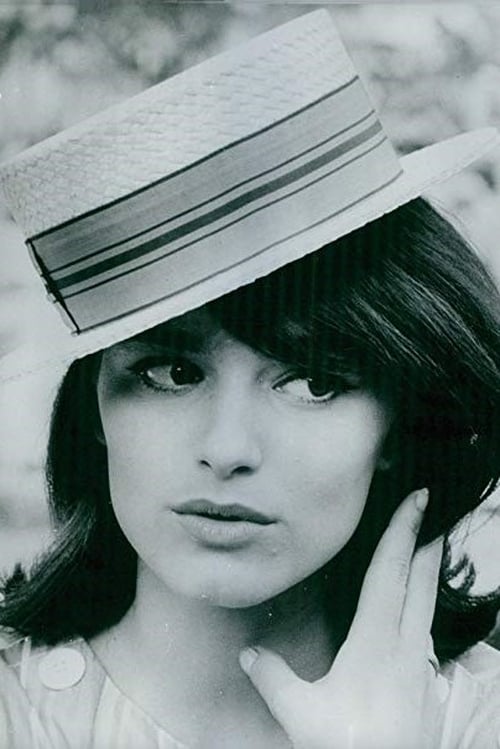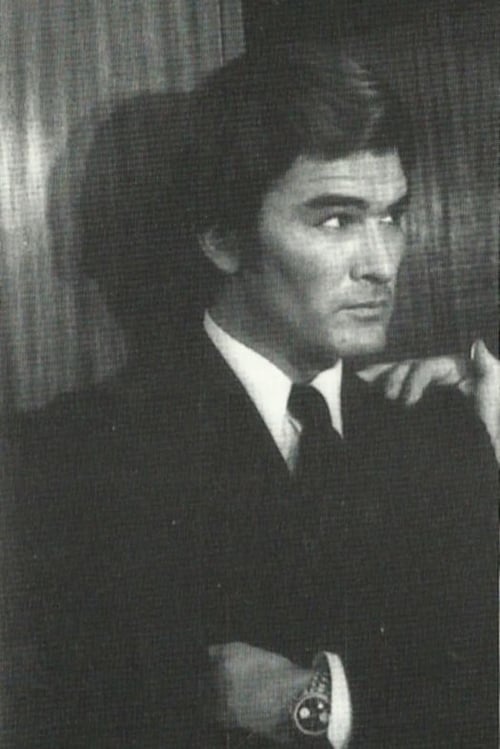Cada vez que... (1968)
Género : Comedia, Drama
Tiempo de ejecución : 1H 25M
Director : Carlos Durán
Sinopsis
Titulo emblemático de la denominada Escuela de Barcelona. Además de narrarnos las aventuras y desventuras de sus protagonistas, Carlos Durán nos ofrece un fresco de la España de los años sesenta a través del rock, la moda y de un estilo visual claramente deudor de la Nouvelle Vague.

Christian, an art critic, must write a study on the painter René Dimanche in order to understand why he did not produce anything for eight years. He asks his friend Ingrid to help him break through this mystery.

Filmed before his feature-length Arrebato, Zulueta’s Frank Stein is a personal reading of horror cult classic Frankenstein (1931), filmed directly from its television broadcast and reducing Whale’s original to only three packed and dizzying minutes, during which the film's sensitive monster evolves at an unusual rate.

A beautiful girl has an intense trip during which she transforms.

Ostensibly a non-narrative study of various aspects of a rural winter, this short film by one of modern Hungarian cinema’s greatest visual poets has all the spellbinding qualities of his better-known feature debut Sindbad (Szindbád, 1971), but here allied to a winning sense of humour that’s never quite allowed to detract from the haunting beauty of many of the images. The end of autumn is heralded by a few red leaves still clinging to a statue’s sculpted robes, while whip pans across the increasingly wintry landscape and close-ups of rippling water are given character by seemingly random freeze-frames and Zoltán Jeney’s electronic chirrups on the soundtrack. There are recurring shots of birds, migrating en masse, huddled by the icy water or lying individually dead, frozen stiff in the snow. So far Capriccio has been a reasonably generic mood piece, but then the snowmen arrive…

En la capital de la Nueva España, a fines del siglo XVI, se culpa de una epidemia a los judíos. Uno de éstos, don Rodrigo de Carvajal, natural de Benavente, en España, es enterrado por su viuda Francisca y sus hijos Luis, Mariana, Baltasar y el dominico Fray Gaspar. Al advertir que los familiares del muerto practican ritos judíos, Fray Gaspar los denuncia a la Santa Inquisición. Sólo Baltasar logra huir, mientras que los demás son detenidos y encarcelados. Francisca es torturada por orden del Gran Inquisidor Fray Alonso de Peralta. Mariana es violada en su celda y Luis oye los gritos de su madre desde la suya, en la que está acompañado por el alucinado Fray Hernando, un espía.

Pedro y Julián, dos amigos entomólogos de afición, están enamorados de la misma mujer, Adela, quien se decide por Pedro para casarse. Julián frecuenta al matrimonio, pero actúa hacia la mujer como si fuera su propio marido. La pasión que une a ambos amigos, la entomología, les lleva a concluir con los años un tratado, para cuya realización han ido llenando la casa de abundantes ejemplares que servirán de ilustración. La mujer, sin embargo, no está a gusto con la vida que ha llevado y quiere abandonarlos. Descubierta la enfermedad que ella padece, hace que los hombres estén dispuestos a complacerla en todo, sin que ella sepa el porqué de su cambio de actitud.
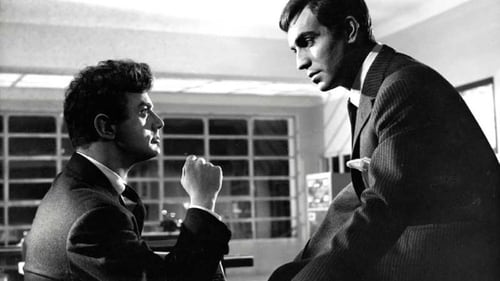
Un joven perteneciente a la alta burguesia rechaza todos los valores que le han sido impuestos por su familia, que no acepta su forma de vida. A él le gusta el teatro, la música y estar con sus amigos. Pese a sus esfuerzos por agradar, trabajando en el negocio familiar, se entera que su hermano le tacha de inútil y afeminado. Un filme que para sorpresa de sus creadores pasó la censura en su época, a pesar de tener escenas que claramente sugieren la homosexualidad de su protagonista.

Bruno, un joven guardia civil de tráfico, es abandonado por su mujer después de tener un aventura. Bruno, hundido, descubre una noche, por casualidad, un extraño pasadizo que le conduce a otro nivel de realidad.
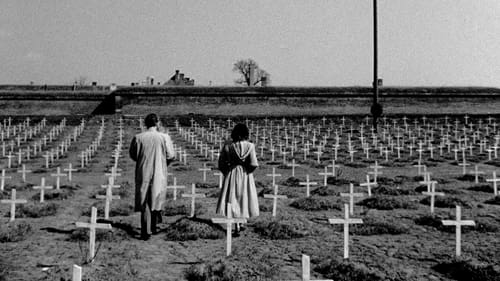
Praga, durante la Segunda Guerra Mundial. Hana Kaufmann, una oftalmóloga judía, se casa con el Dr. Antonín Bureš, un hombre cristiano. Cuando su familia es enviada al campo de concentración de Theresienstadt, su romance se convierte en una lucha por la supervivencia.

Antonio and Concha, a couple who are constantly fighting about money, win the Christmas Lottery first prize. Concha, who is very bossy, starts making decisions about how they're going to spend it. But Antonio is fed up with her, he just wants to go to Brazil, lay in the sun, and never see her again. So he starts to plan how to get rid of her...
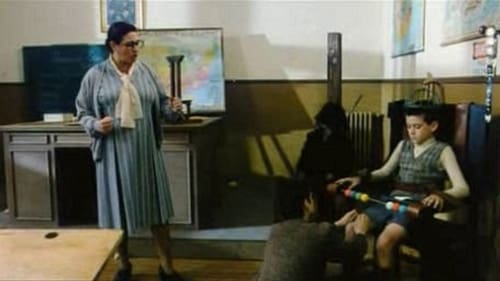
La maestra explica a sus alumnos, paso a paso y con todo tipo de detalles y ejemplos en vivo, cómo son los distintos tipos de ejecuciones: la silla eléctrica, el garrote vil, la horca... (FILMAFFINITY)
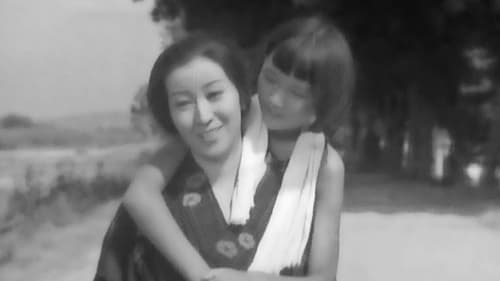
Two young girls, Nobiko and Tomiko, go to the same school. The less fortunate girl Nobiko is one of the top students, while the rich girl Tomiko is not. At one time Tomiko's father was quite fond of Nobuko's mother.
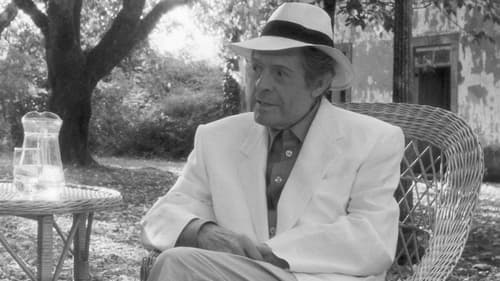
En 1996, Marcello Mastroianni se dispuso a recordar el pasado, frente a la realizadora Anna Maria Tató, la mujer que compartió con él los veintidós últimos años de su vida. El resultado es este repertorio de anécdotas, confesiones y memorias narradas por el protagonista en primera persona. (FILMAFFINITY)
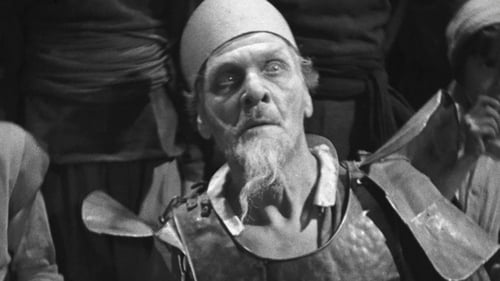
Inflamed by his readings of chivalric novels, Don Quixote, a knight with a sad face, accompanied by Sancho Panza, a peasant steeped in common sense, decides to set off across the world in search of improbable adventures.

A lyrical story about first love, death and disappointment, based on a poem of the same title.

The life and times of maverick filmmaker Sam Peckinpah (1925 - 1984)

At the world premiere of "Gertrud" in Paris, December 1964, Dreyer is greeted by many celebrities of the French cinema: Clouzot, Langlois, Truffaut, Godard, Anna Karina. Afterwards Dreyer delivers short comments on the style of each of his films.

Come take an avant-garde walk in the Montparnasse of the late 1920's. This district of Paris, filmed in a most unusual way, shows how dedicated it is to art. Visit its art galleries and exhibitions, take a glimpse of famous painter Fujita, of Luis Buñuel eyeing the legs of beautiful Parisian passing the terrace of the café where he sits, of Italian futurists Marinetti, Prampolini and Russolo.

Award-Winning filmmaker Paul Leduc (Frida, Naturaleza Viva, Reed: Insurgent Mexico, Barroco) directed this gritty musical drama about life in the ghettos of Mexico City during the 1980s. With a soundtrack of Mexican rock music, the camera takes the viewer through the streets, to rock concerts, and to the bars and clubs, where he exposes the hunger, repression, unhealthy conditions and violence in the marginal communities of Mexico's capital city.
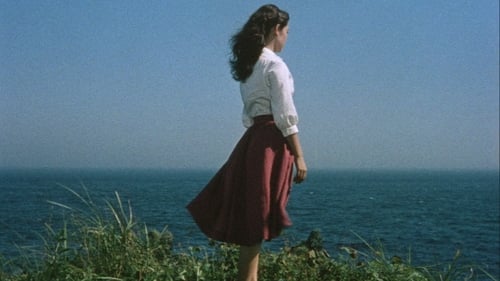
Yuko es enviada a las zonas costeras para ser criada lejos del resto de su sofisticada familia, donde se entera por su abuela enferma de que no es quien pensaba que era.
